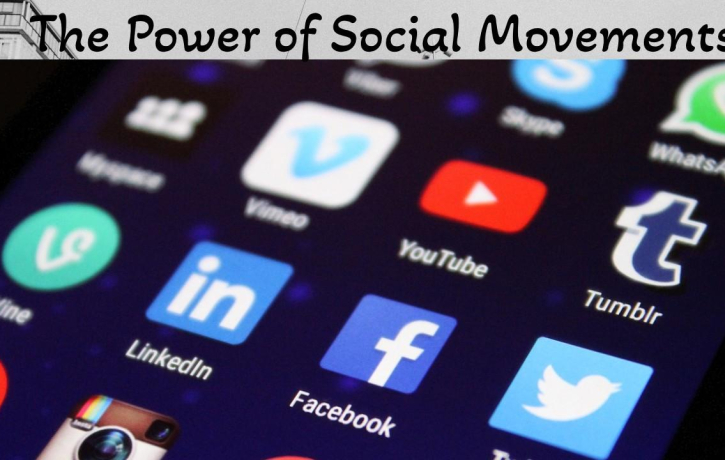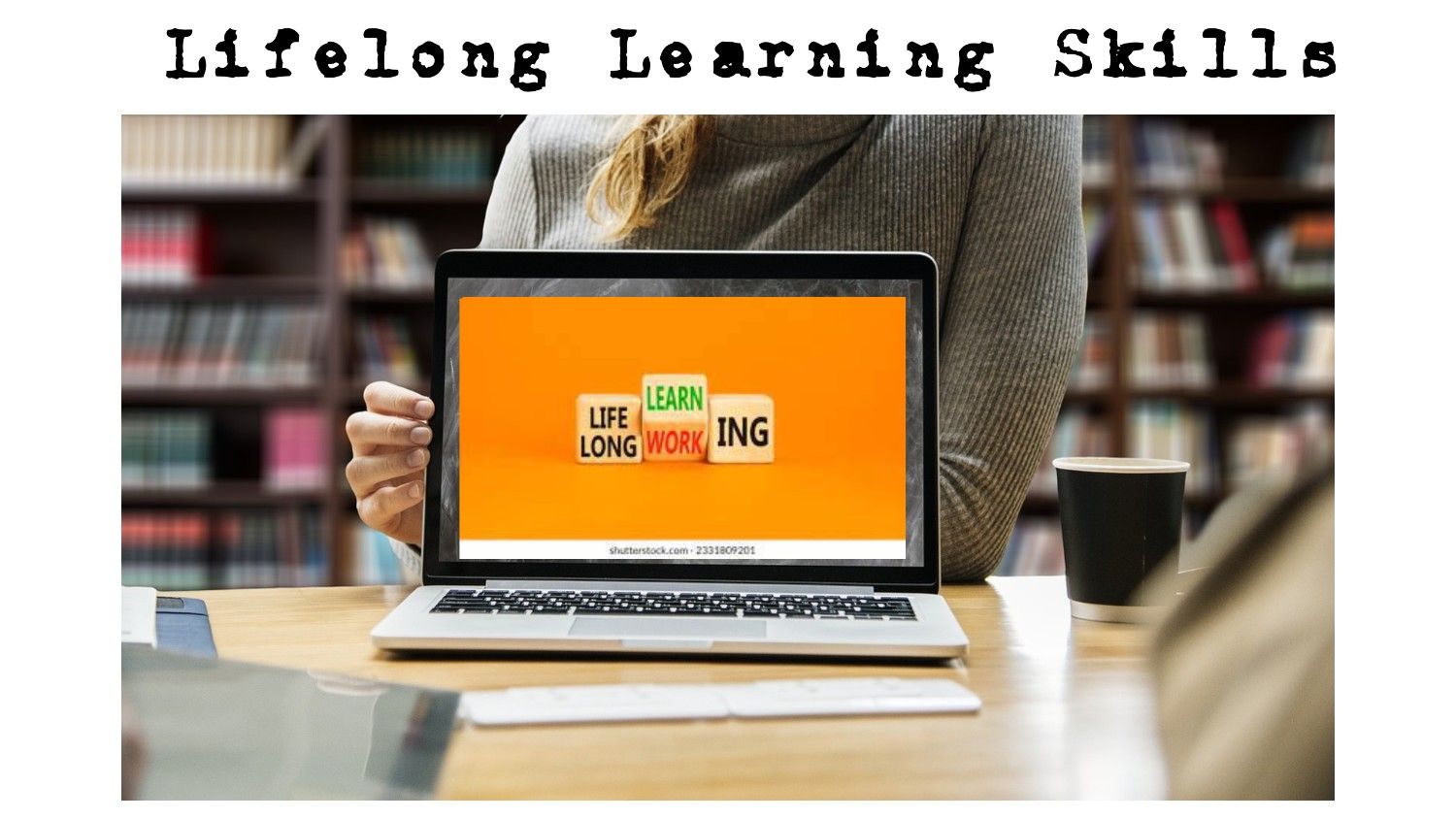- 1 The Impact of Social Movements on Society and Politics
- 2 What Are Social Movements?
- 3 Historical Examples of Powerful Social Movements
- 4 Modern-Day Social Movements and Their Impact
- 5 How Social Movements Influence Society and Politics
- 6 The Role of Technology and Social Media
- 7 Challenges Faced by Social Movements
- 8 The Future of Social Movements
- 9 Conclusion
The Impact of Social Movements on Society and Politics
The Power of Social Movements has long served as catalyst for significant societal and political transformation. Whether advocating for civil rights, environmental justice, gender equality, or labor reform, these collective efforts have played a critical role in shaping public consciousness, influencing policy, and holding institutions accountable. In the age of social media and global connectivity, the power of social movements has expanded beyond borders, making them more influential and visible than ever before.
What Are Social Movements?
The Power of Social Movements is organized efforts by a large group of people to achieve a specific goal, often related to political, economic, social, or environmental change. They typically arise from a shared sense of injustice or the desire to challenge the status quo. Unlike political parties, social movements may lack formal structure but are driven by collective action, grassroots organization, and a unifying message.
Historical Examples of Powerful Social Movements
1. The Civil Rights Movement (1950s–1960s)
In the United States, the Civil Rights Movement fought against racial segregation and discrimination. Led by figures like Martin Luther King Jr., it resulted in landmark legislation such as the Civil Rights Act of 1964 and the Voting Rights Act of 1965.
2. The Women’s Suffrage Movement (19th–20th century)
Women around the world organized to demand the right to vote. The movement’s success led to monumental shifts in gender equality, starting with women gaining voting rights in countries like New Zealand (1893), the U.S. (1920), and the U.K. (1928).
3. The Anti-Apartheid Movement (1948–1994)
In South Africa and globally, activists opposed the apartheid regime. Decades of protests, international sanctions, and grassroots activism culminated in the dismantling of apartheid and the election of Nelson Mandela.
4. The Environmental Movement (1970s–present)
From Earth Day to climate strikes led by youth activists like Greta Thunberg, this movement has grown into a global campaign pushing for sustainable development, climate policy, and ecological preservation.
Modern-Day Social Movements and Their Impact
#BlackLivesMatter
Originating in the U.S. after the fatal shooting of Trayvon Martin and other incidents of police brutality, #BlackLivesMatter became a global movement against racial injustice and systemic discrimination. It has influenced policing reforms, public discourse, and corporate accountability worldwide.
#MeToo Movement
Sparked by revelations in the entertainment industry, #MeToo exposed the widespread prevalence of sexual harassment and assault. It has led to legal actions, policy changes in workplaces, and a reevaluation of gender power dynamics.
Climate Activism
Movements like Fridays for Future, Extinction Rebellion, and Stop Oil have drawn attention to climate change. These movements pressure governments and corporations to take meaningful action against environmental degradation.
LGBTQ+ Rights Movements
From Pride marches to marriage equality campaigns, LGBTQ+ movements have gained legal recognition and social acceptance in many countries. Their advocacy has led to decriminalization, anti-discrimination laws, and expanded civil rights.
How Social Movements Influence Society and Politics
1. Shaping Public Opinion
Social movements bring neglected or controversial issues to the forefront. Through protests, media coverage, and viral campaigns, they help educate and influence the public’s perception.
2. Driving Legislative and Policy Changes
Sustained activism often leads to legal reforms. Governments under pressure from vocal movements may pass new laws or repeal outdated ones in response to public demand.
3. Creating Cultural Shifts
Movements change norms and values. For example, feminist and LGBTQ+ movements have normalized discussions around gender identity, sexuality, and inclusivity.
4. Empowering Marginalized Communities
Social movements give voice to the voiceless. They enable historically oppressed groups to organize, demand rights, and participate in the democratic process.
5. Encouraging Civic Participation
By mobilizing people, movements inspire civic engagement. Voter turnout, community organizing, and grassroots campaigns are often sparked by widespread activism.
The Role of Technology and Social Media
Today, technology has become a driving force behind social movements:
-
Social Media Platforms amplify messages, organize protests, and raise awareness in real time.
-
Hashtags like #MeToo and #ClimateStrike help unite global communities.
-
Live Streams and Citizen Journalism document events from the ground, often bypassing traditional media.
-
Digital Petitions and Fundraising enable fast mobilization of support.
However, technology also poses challenges—misinformation, digital surveillance, and online harassment can undermine or fragment movements.
Challenges Faced by Social Movements
Despite their power, social movements often encounter resistance and setbacks:
-
Government Suppression: Protests can be met with censorship, violence, or legal repression.
-
Media Misrepresentation: Movements are sometimes portrayed as radical or disruptive.
-
Internal Divisions: Disagreements among leaders or participants can weaken unity.
-
Sustainability: Maintaining momentum over time is difficult, especially without tangible wins.
The Future of Social Movements
Social movements are evolving rapidly. As societies become more interconnected and aware of global issues, movements are likely to become:
-
More intersectional, addressing overlapping forms of oppression (race, gender, class, etc.).
-
More digital, leveraging emerging tech like AI, blockchain, and VR for organizing and advocacy.
-
More global, transcending national boundaries and uniting people around shared causes.
With increasing challenges such as climate crises, rising authoritarianism, and inequality, the role of social movements in the future will be even more vital.
Conclusion
The power of social movements lies in their ability to unite people, challenge injustice, and drive meaningful change. They are essential instruments of democracy and social progress. Whether through peaceful protests, online campaigns, or legal advocacy, social movements continue to shape the world we live in—pushing boundaries, rewriting narratives, and demanding a better, fairer future.








